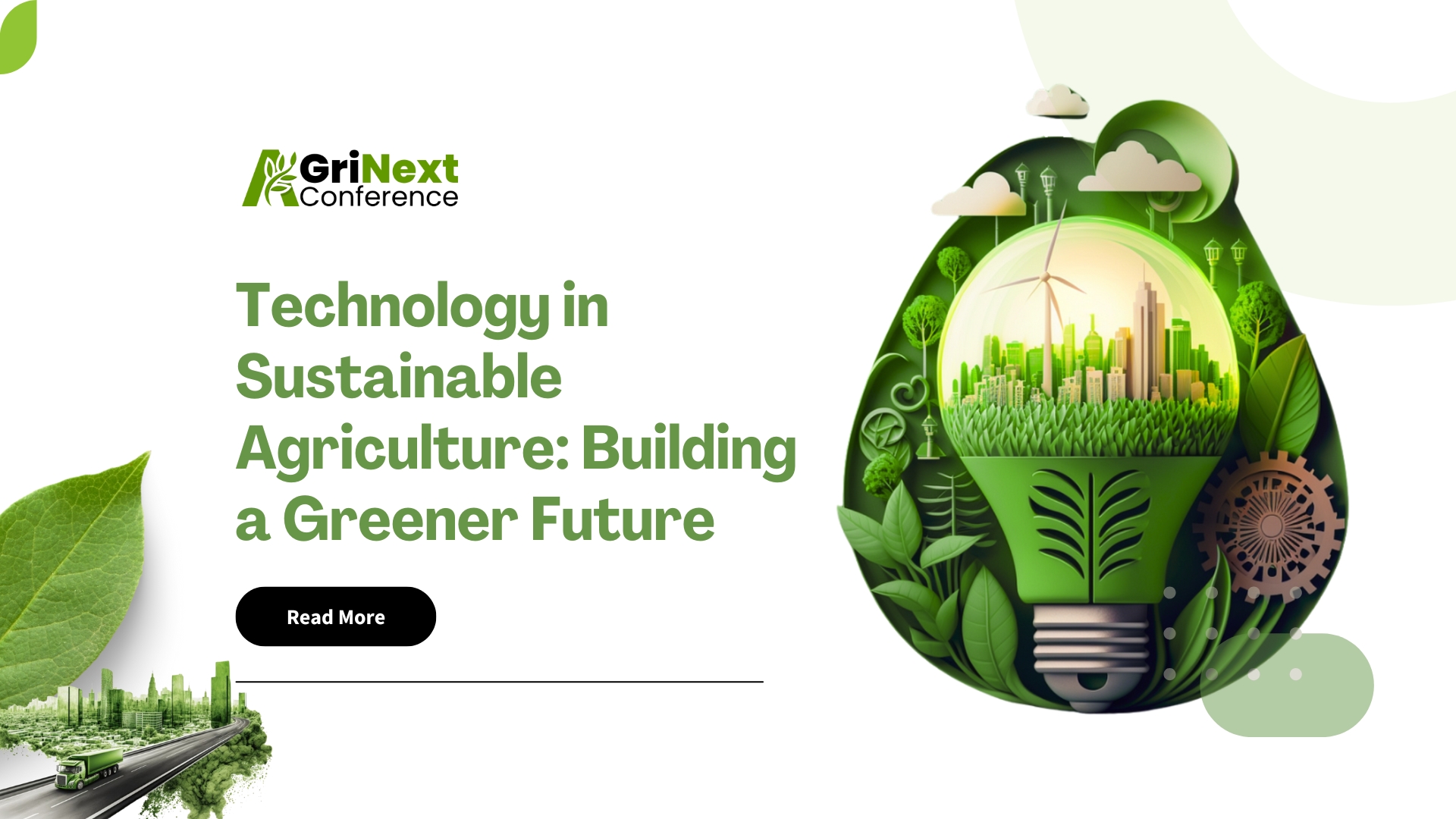
Discover how technology in sustainable agriculture is transforming farming in 2025 with precision tools, AI, biotech, and renewable energy.
Introduction: The Critical Role of Technology in Sustainable Agriculture
Technology in sustainable agriculture is not just a popular term—it is a real game changer. It is transforming how we grow, manage, monitor, and even deliver food to people. With challenges like climate change, limited natural resources, and a fast-growing population, farmers and agri-businesses now depend on modern tools and data to farm more efficiently and sustainably. By 2025, using technology in farming is no longer optional—it is essential for producing enough food, protecting nature, and supporting farming communities.
Why Sustainable Agriculture Matters
Sustainable agriculture means growing food in a way that meets today’s needs without harming the ability of future generations to do the same. It is about balance—keeping soils healthy, conserving water, protecting biodiversity, storing carbon, and ensuring farmers can make a living.
Traditional farming practices have served us well for centuries, but they alone cannot handle the growing challenges of climate change, soil degradation, and water scarcity. This is where technology steps in. From smart sensors and artificial intelligence to renewable energy and biotechnology, innovations are helping farmers work with nature while producing more with less.
For example, biotechnology can help reduce the use of chemicals in farming by around 20% by 2025, without disturbing ecological balance.
7 Key Sustainable Agriculture Technology Innovations for 2025
Across the world, technology is redefining farming. It allows farmers to use resources like water, seeds, and fertilizers more efficiently, reducing waste and protecting the environment. It also strengthens food systems by improving supply chain transparency and building resilience against climate shocks.The following innovations are driving the sector towards greater resource efficiency, climate resilience, and supply chain transparency worldwide.
1. Precision Agriculture & Data-Driven Farming
Farmers are now harnessing satellite imagery, drones, IoT sensors, and advanced analytics to apply inputs such as water, seeds, and fertilizers exactly where needed. Precision farming empowers growers to optimize every aspect of crop management—from planting to harvest—boosting yields, slashing input costs, and protecting environmental health.
In India, GPS-equipped machinery and soil sensors enable precise fertilizer and water application, helping farmers achieve up to 20% higher yields with 30% less water and fertilizer use.
2. Artificial Intelligence, Remote Sensing & IoT Integration
AI-powered platforms and real-time sensor networks are evolving agriculture from reactive to proactive. These systems detect crop stress, diagnose pest or disease outbreaks, and automate responses (like irrigation) before problems escalate. Remote sensing via drones and satellites delivers field-level insights that help farmers tackle climate challenges swiftly.
By 2025, over 60% of global farms are expected to use AI-driven precision solutions for smarter, climate-resilient farming.
3. Biotechnology in Sustainable Agriculture
Next-gen biotechnology—from gene editing to microbe-based inputs—delivers pest-, disease-, and drought-resistant crops. This innovation reduces dependence on synthetic chemicals, strengthens ecological balance, and safeguards food security for millions.
Biotech crops engineered for nutrient efficiency and resilience are forecast to reduce agrochemical use by up to 25% in key production areas.
4. Advanced Water & Nutrient Management
Smart irrigation systems—including drip irrigation, moisture sensors, and AI scheduling—ensure plants receive just the right amount of water and nutrients. These advances conserve precious water, curb pollution, and optimize grower returns, especially vital in drought-prone regions.
Drip and sensor-aided irrigation are helping farmers save more than 30% water annually while protecting groundwater and local ecosystems.
5. Digital Farm Management & Blockchain Traceability
Farm management platforms combine digital mapping, workflow automation, and analytics to guide real-time decision-making. Blockchain technology brings transparency and traceability from farm to fork, reducing fraud and loss, while strengthening consumer confidence in sustainably grown food.
Blockchain adoption in agriculture supply chains is estimated to reduce food losses and fraud by 10–20% in 2025.
6. Renewable Energy & Climate-Smart Mechanization
Solar-powered irrigation, wind turbines, biogas digesters, and electric tractors are steadily replacing fossil-fuel systems. These climate-smart mechanization solutions slash farm carbon footprints and provide reliable energy—advancing both productivity and sustainability.
Renewable energy solutions now power irrigation and food storage in regions with erratic grid supply, cutting CO₂ emissions and farm operating costs.
7. Forestry & Agroforestry Innovations
By combining trees, crops, and livestock, agroforestry improves soil fertility, sequesters carbon, boosts biodiversity, and even diversifies farmer income. Cutting-edge forestry technologies also help monitor forests, combat wildfires, and prevent deforestation at scale.
Integrated agroforestry systems are shown to increase farm biodiversity by 40% and capture significant carbon, supporting climate mitigation goals.
Why These Innovations Matter
- Productivity: Smarter decisions, tailored inputs, and automated systems deliver higher yields and lower costs.
- Resource Conservation: Data-driven practices slash water, fertilizer, and energy use.
- Climate Resilience: AI and biotechnology are helping farms adapt to unpredictable weather and emerging threats.
- Transparency: Digital tools and blockchain track sustainability and build consumer trust across the food chain.
In summary, the convergence of these seven innovations is propelling agriculture toward a new era—one that is not only more efficient and productive but fundamentally sustainable, resilient, and equitable for growers and consumers alike.
Conclusion: Farming Smarter for a Sustainable Future
By 2025, technology in sustainable agriculture is proving to be the key to balancing productivity with ecological responsibility. From precision farming to renewable energy and digital platforms, innovations are helping farmers grow more food while protecting the planet.
Sustainable agriculture is not only about producing crops—it’s about preserving resources, supporting communities, and ensuring future generations can thrive. With the right technologies, we are moving closer to a future where farming and sustainability go hand in hand.
AgriNext 2025 set to take place in Dubai, with its theme of technology and sustainability, embodies this vision. It will bring together innovators, researchers, and agri-tech startups to showcase solutions that help feed the world while caring for the environment.
References
1. Leher Ag – Precision Agriculture Benefits & Techniques in India
2. ResearchGate – The Transformative Potential of Precision Farming in India: A Comprehensive Review
3. Organic Agriculture Centre of Canada – Smart Water Precision Makes Alberta Farms 30% More Water Efficient
4. arXiv – Robotic Spot-Spraying in Sugarcane: Reduced Herbicide Use and Improved Water Quality
Signup For AgriNext Conference Newsletter


